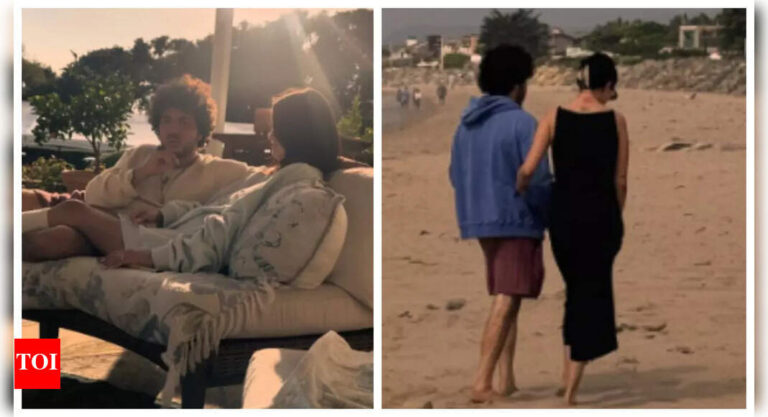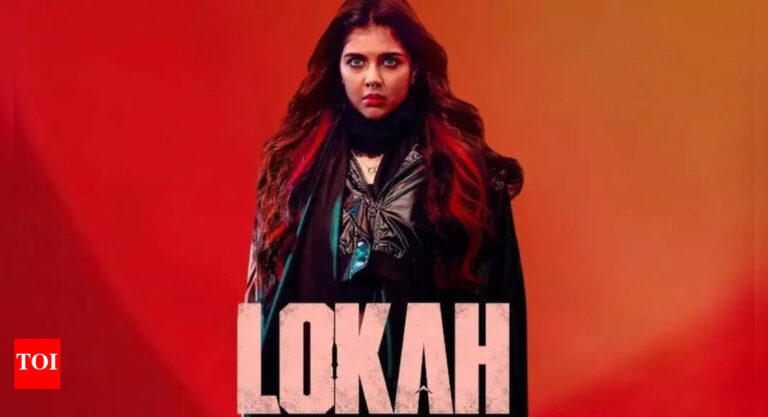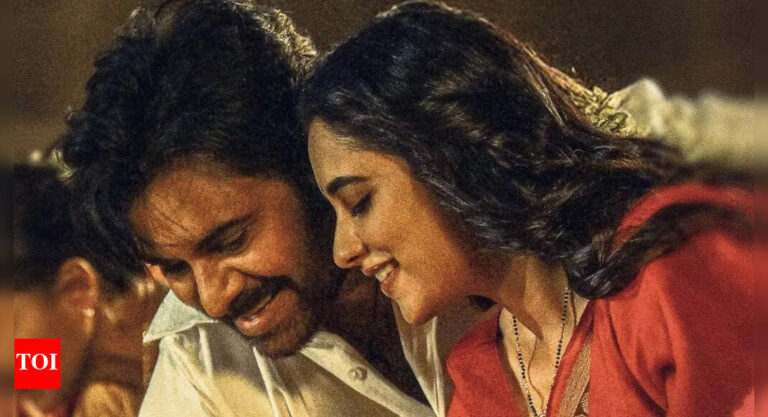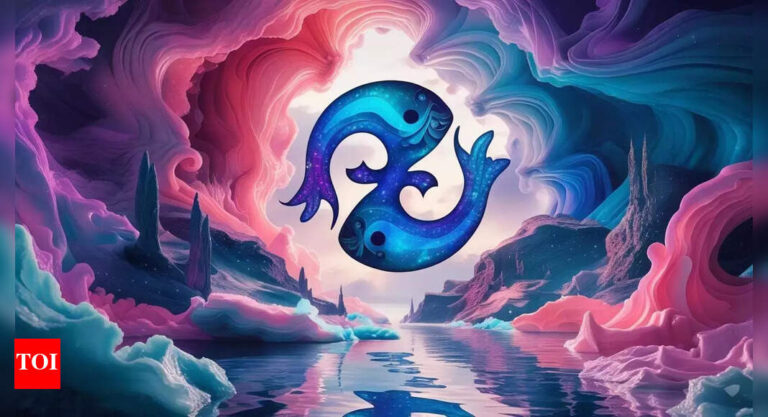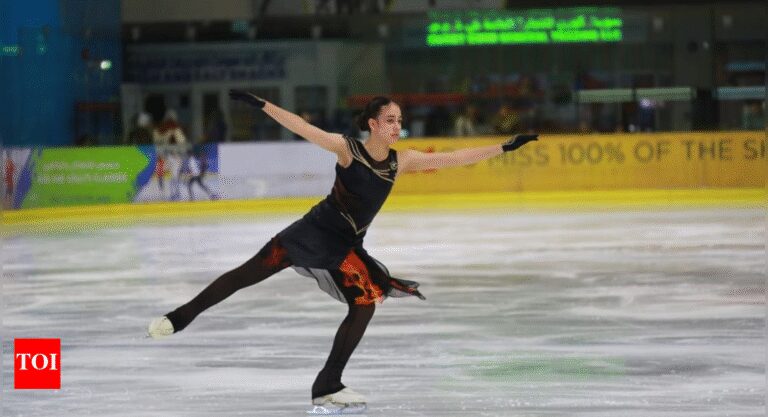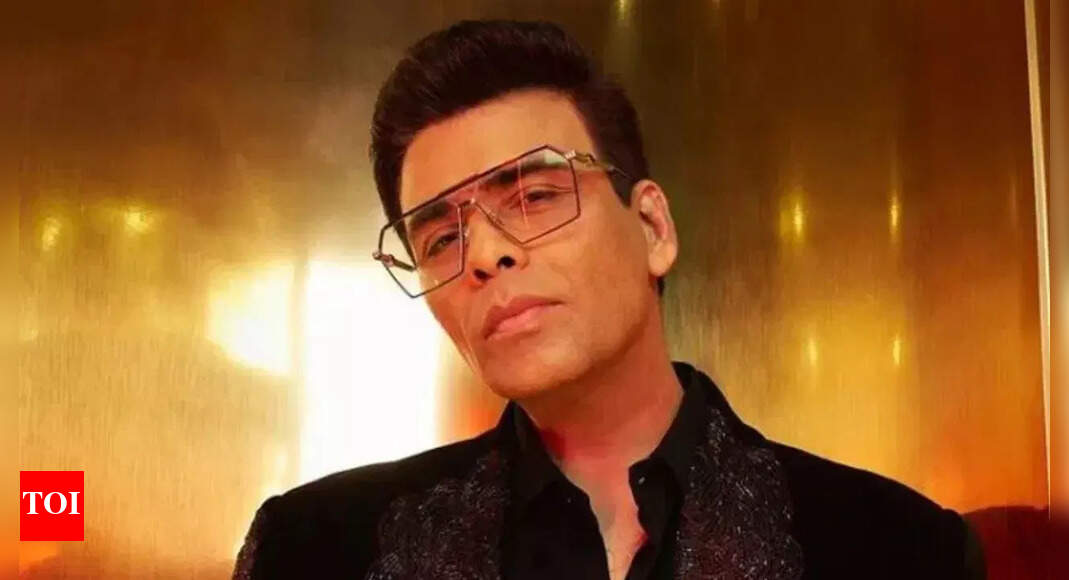
Bollywood filmmaker Karan Johar has publicly backed director Aanand L. Rai in the controversy around the re-release of ‘Raanjhanaa’ with an AI-altered climax. The 2013 romantic drama was brought back to theaters in August 2025 with a new ending, triggering disagreements between the producer, Eros International, and the original creators. Now, Karan Johar has argued that the producer should have involved the director before making such a change.
Johar’s views on rights, morality, and change
On ‘Game Changers’, Karan was asked who should hold the authority to change and re-release a film. He replied that while a producer owning the full rights technically has control, there should also be moral awareness. He said he always consults the director before making changes to their film, even when he owns the intellectual property (IP).Karan emphasized that altering a director’s original vision without their consent is questionable. He stated, “This should now be contractual. If the producer owns 100% of the film, then he/she has the right to do whatever they want. But he/she has to have the moral dilemma about it. Today also I own every IP, but if I have to do anything to the film, I call the director of the film. So when it’s not contractual, it has to be moral. Agar aapki morality nahi hai, agar aap ek director ke vision ko badal rahe ho, release kar rahe without his/her consent, then that is not right (If you don’t have morality, if you’re changing a director’s vision and releasing the film without his/her consent, then that is not right).”He urged that Eros should have reached out to Aanand L. Rai, whose creative vision was central to Raanjhanaa. Karan added, “The AI change did not yield huge box office success,” calling it “inauthentic,” and suggested that natural storytelling often resonates better. He added, “His job is to call Aanand L. Rai, jiski vision thi voh, jiski wajah se aap yeh kar rahe ho aaj, it’s your moral responsibility. You should call everybody who made that film special. It’s the right thing to do. Aur kya hi ukhaad liya aapne change karke. Aisa nahi hai ki uss film ka bahut bada business hua. Because it’s inauthentic. AI has to be used for its absolute worth. Jo natural hai voh zyada chalega (You should call Aanand L. Rai—it was his vision, and he’s the reason you’re able to do this today. What did you even achieve by changing it? It’s not as if the film made huge business. Because it’s inauthentic. AI should only be used where it truly adds value. What’s natural will always work better.”He also addressed the role of AI in filmmaking, saying it could replace VFX in some aspects and help reduce budgets. However, he warned that AI must be used thoughtfully, not simply as a tool for alteration.
What changed in the AI-altered ending ?
In the original version of Raanjhanaa, the character Kundan (played by Dhanush) is shot and later dies, and Zoya (Sonam Kapoor) rushes to the hospital to be with him in his dying moments. The AI-revised ending, however, shows Kundan opening his eyes—turning a tragic conclusion into a more hopeful one.On July 29, Eros issued a statement defending its actions. They called the redo a “legal reinterpretation” and accused Aanand L. Rai of improper use of Raanjhanaa’s IP in his upcoming film ‘Tere Ishk Mein.’In response, Aanand L. Rai has repeatedly said in interviews that such changes set a dangerous precedent, as they can alter a filmmaker’s original intent. Lead actors Dhanush and Mohammed Zeeshan Ayyub also voiced criticism, saying the AI version stripped the film of its emotional core.


